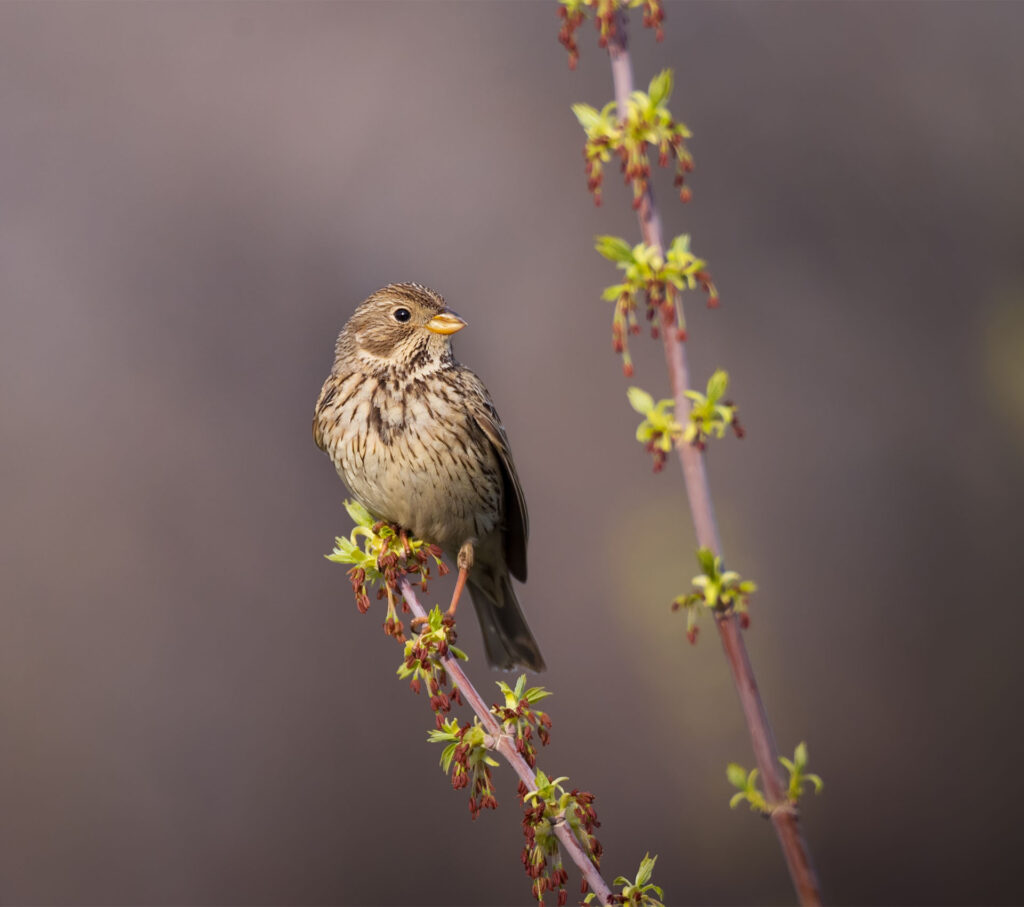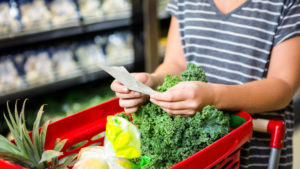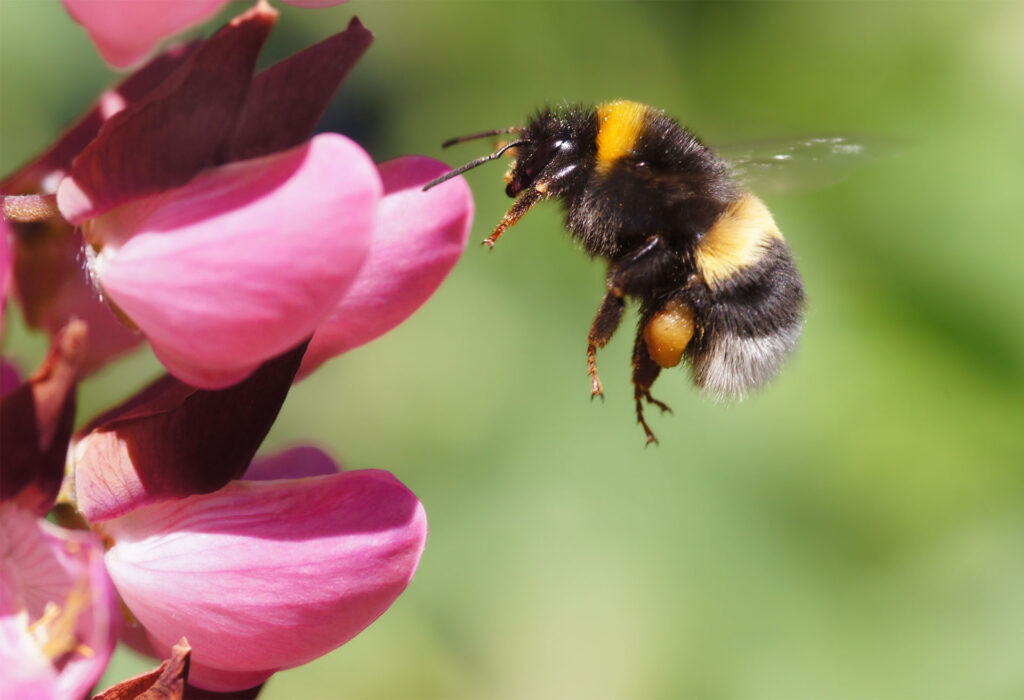Help Save British Wildlife – 5 Simple Tips From Go Organic
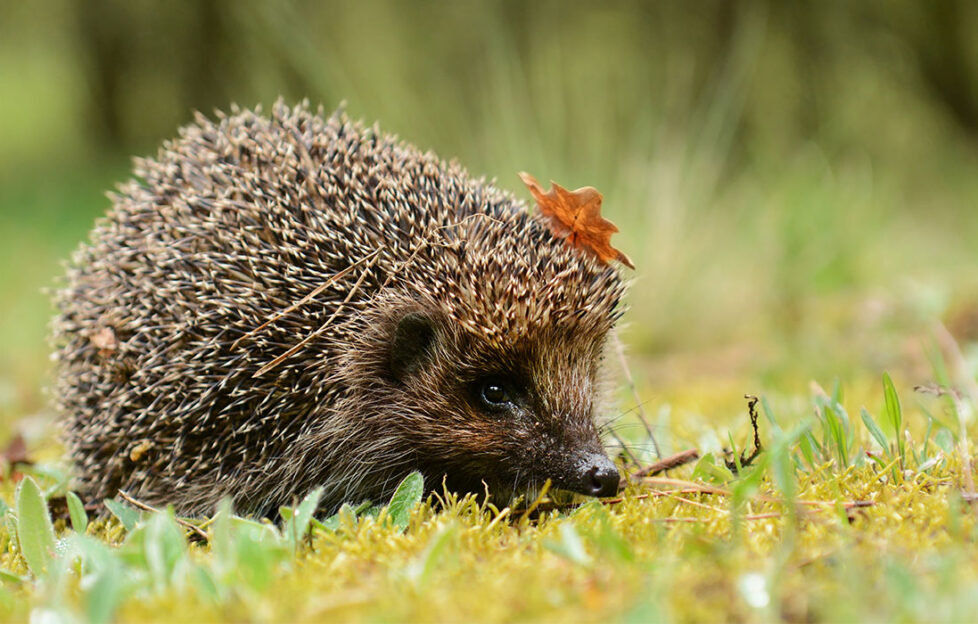
This month is Organic September – a celebration of all things organic and its benefit to wildlife, farm animals, farmers… and our planet.
To help us celebrate, Go Organic – an independent and self-funded collaboration of 150 members – have shared their top tips on the simple things we can all do to help protect our native species.
With a shocking 40% of our 1 million insect species teetering on the brink, and human activities to blame, we all have a part to play.
So, what can we do to help protect our wildlife? it’s simple; GO ORGANIC!
Did you know that organic farms are, on average, home to up to 50% more wildlife, and 30% more species? This is because organic methods work with nature, not against it, by protecting our soil, our wildlife and our world.
ARC 2031 ambassador, zoologist and Autumnwatch presenter Megan McCubbin commented, “We are all becoming more ecologically aware every day and the products we choose to buy can help sustain our environment and biodiversity within it.
“There is power in our pounds, so let’s spend them wisely and make moves towards a greener, more organic future.”
Top tips to try out at home include:
Swap one item to organic in your next grocery shop
You can help protect the nature around you by simply making one simple swap in your shop.
Organic food and drink is available from many places – all of the big supermarkets in the UK sell organic. Try shopping at independent retailers too, or you can even buy direct from organic farmers via box schemes.
Grow your own veg
From simple window-box herbs to growing tomatoes in a tub, the smallest outside space can be transformed into a mini garden and wildlife sanctuary.
Growing your own produce at home is a great place to start, and an easy way to learn about the connections between healthy soils and a healthy crop, as well as increasing biodiversity in your garden.
Certain bee plants (Borage and Phacelia) are more irresistible than others. These can be grown in among your vegetables to entice the insects right where you need them.
Grow lots of flowers
As with anything, spending a little more money with a good organic seed supplier will give you a better start. The seed will be fresher and more viable.
Look out for an organic certification symbol. In the case of attracting beneficial insects to your garden, your focus should be on pollinators.
All flowers attract pollinating bees, hoverflies and many other airborne insects. They will be particularly attracted to colourful beds and borders – go for it and create your very own wildlife rainbow.
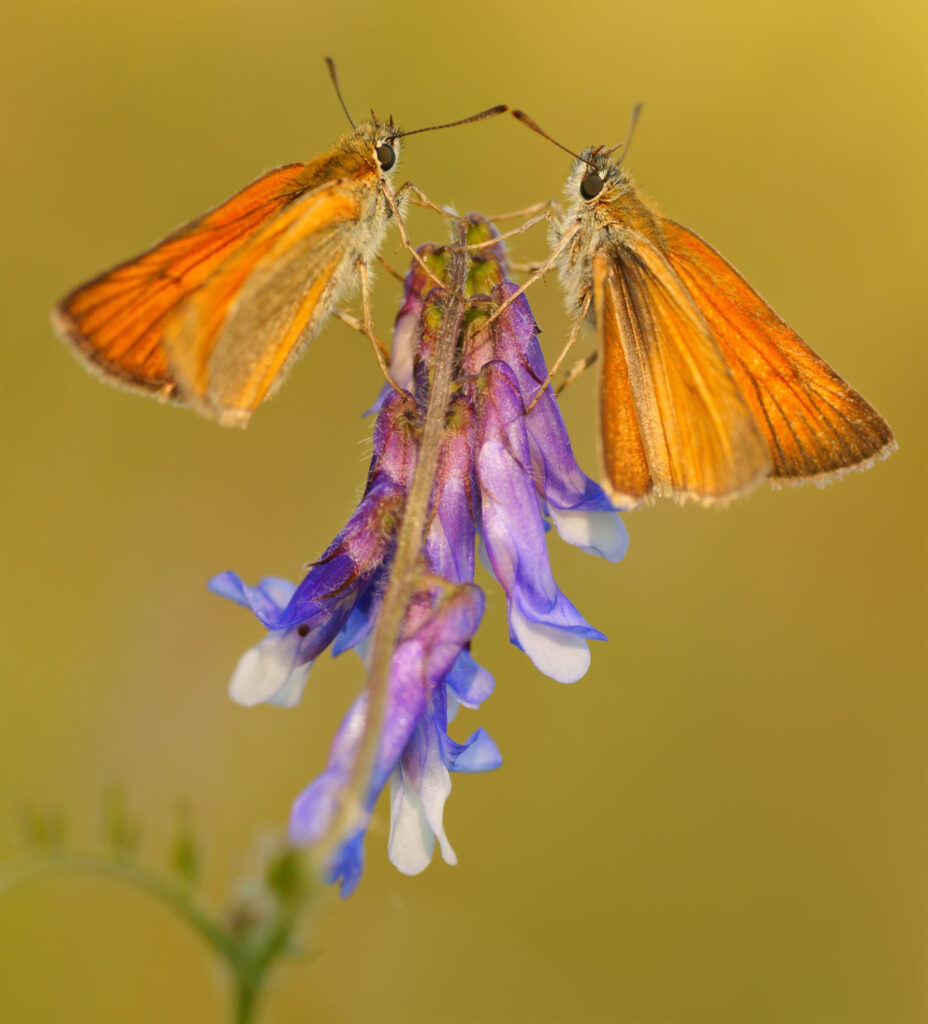
There are 75% fewer Small Skipper butterflies than in 1975, but their numbers have increased 27% since 2005. Pic: Mirek Kijewski
Make your own compost
The most sustainable way to improve the fertility of your soil is by making and using our own compost.
When growing organically, you shouldn’t rely on artificial fertiliser, so a good helping of your own compost each season is a must.
Healthy soil equals happy plants, which will support a larger array of wildlife. To help you get started with composting at home, check out our handy guide.
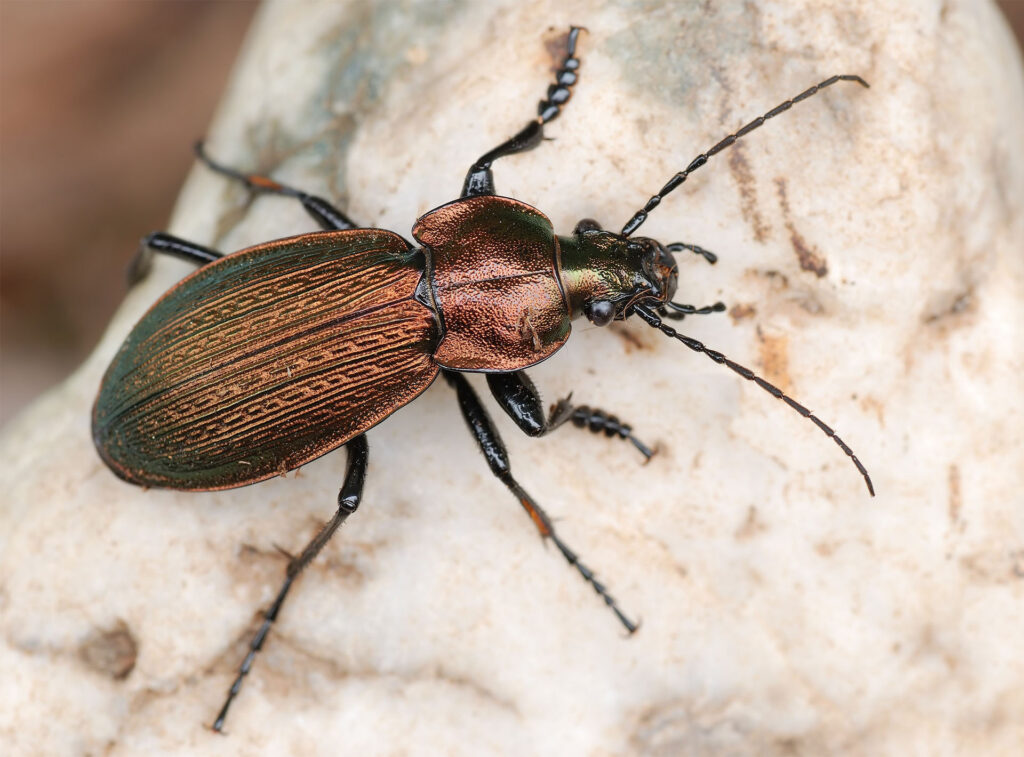
The necklace ground beetle is one of 10 species named by the ARC 2031 project as likely to become extinct in Britain in the next decade without our help. Pic: © Marek Swadzba
Grow organically
Remember to avoid using chemical weedkillers and pesticides in your garden to help protect wildlife!
If you adopt organic growing methods, the wildlife will flourish naturally as the range of the flora and fauna increases. Use herbicide, pesticide and fungicide to solve a problem quickly and in the short term.
A healthy garden crawling with life will give you a natural resilience and balance against unwanted pests. For more organic growing advice, read on at Garden Organic.
Here’s more information on the ARC 2031 and tips on how to Go Organic this September

